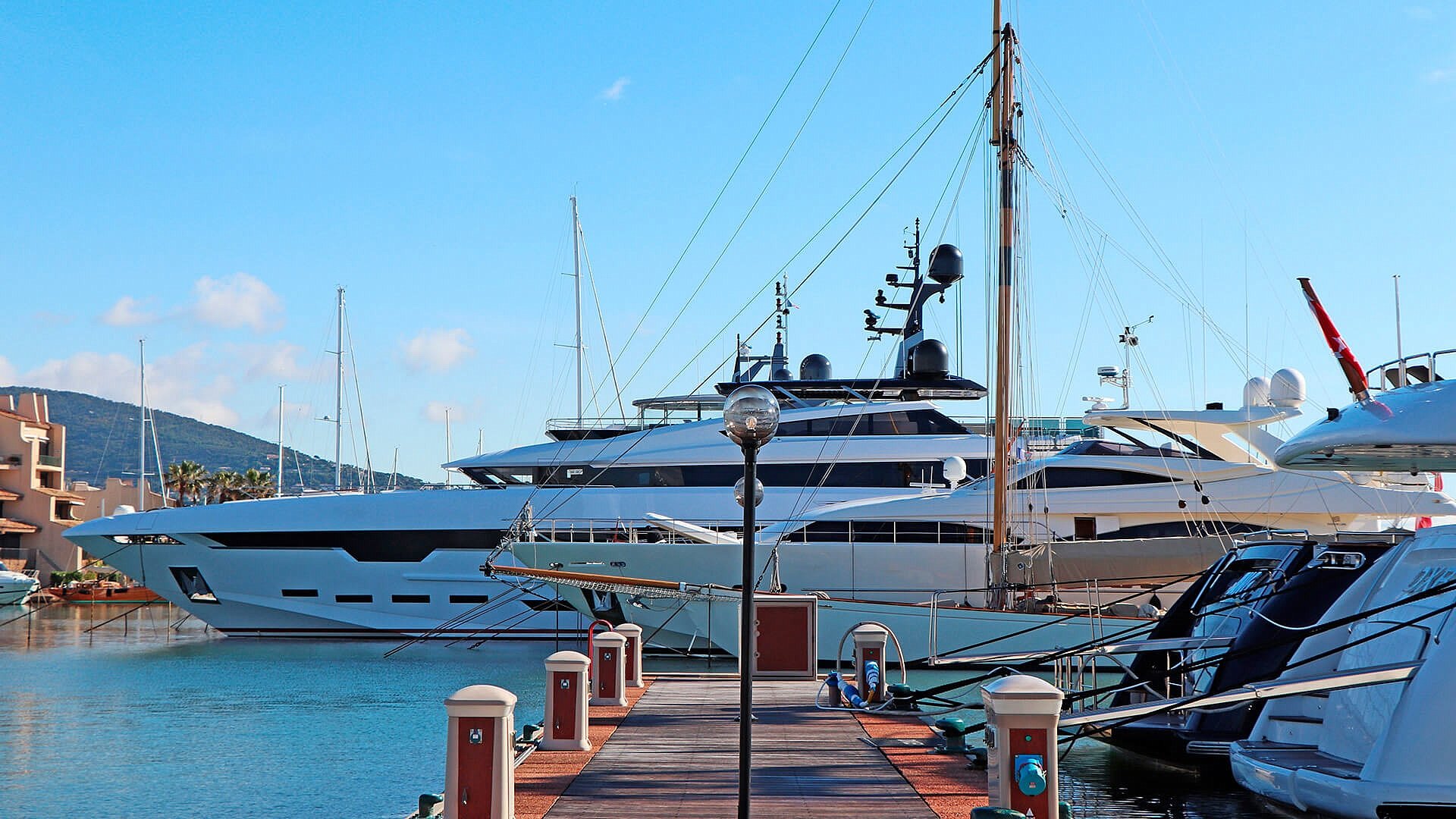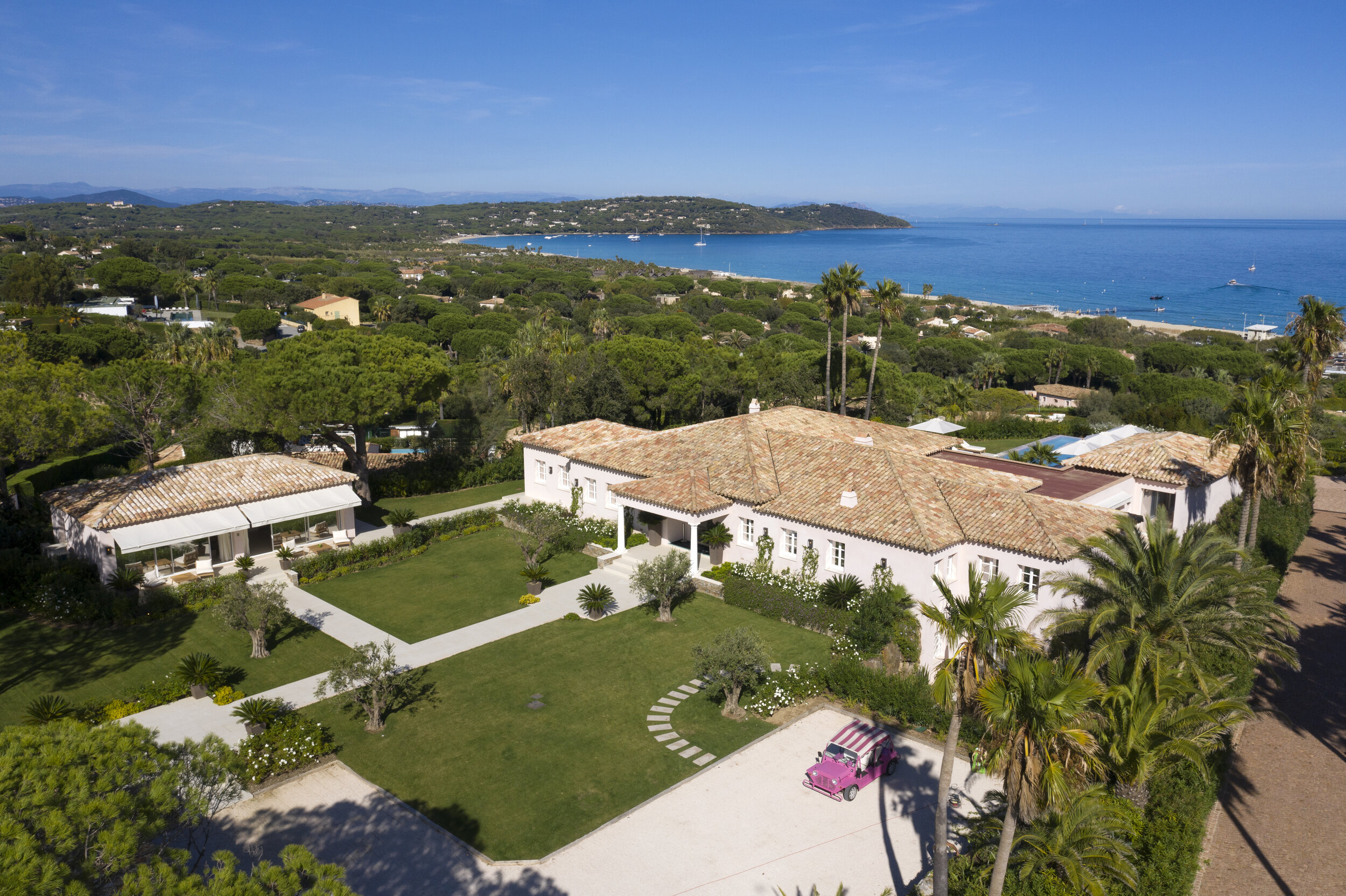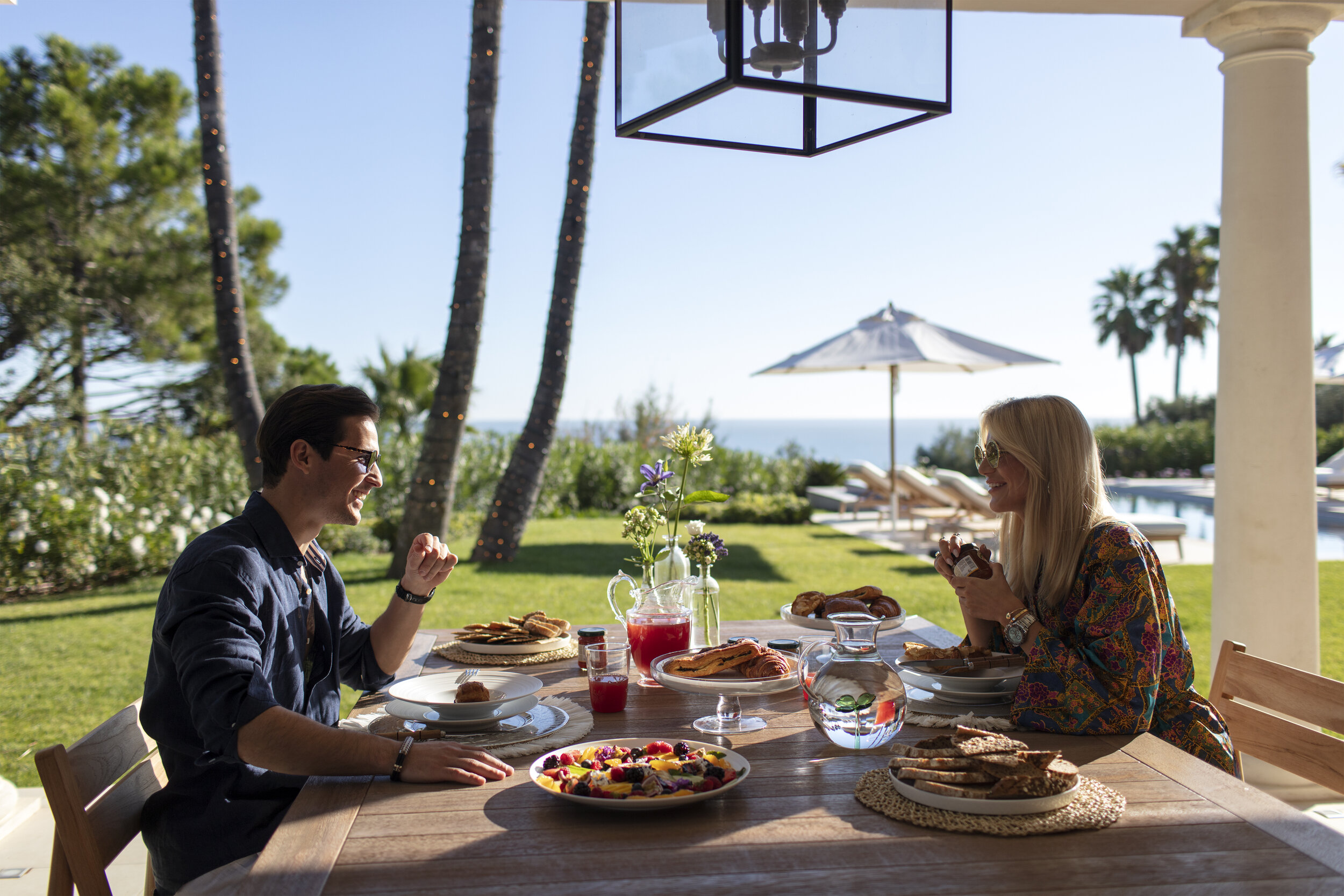Retirement can last 30 years or more. To help us enjoy these well-earned years and have peace of mind, we all need to plan ahead, build up our savings and then protect them for our long-term future. While the earlier we start doing this in our careers the better, it gets more important the closer we get to retirement. And we need to continue taking steps to protect our retirement savings even after we’ve started drawing our pensions, regularly reviewing our arrangements to ensure we continue meeting our retirement goals.
Before retirement
As retirement begins to get closer, it’s time to start planning how you want to spend your golden years and ensure you are on the right track financially. There may be steps you can take today to help make your retirement goal a reality.
Questions to ask yourself include:
· Will I be able to afford to retire when I want to?
· What is the best strategy for withdrawing from my business or employment?
· What options do I have for my pensions? Are they likely to change?
· Will I be able to retain my existing wealth and assets?
· Do I want to spend some or all of my retirement abroad?
Let’s say that you plan to retire within the next few years and move permanently to France. You may have concerns about whether you can afford your preferred lifestyle without having to sell existing assets. Perhaps you have a business to sell and are unsure how best to convert your years of hard work into a retirement nest egg. Then there are the complex residence and tax implications of living in a different country.
Professional financial advice can prove invaluable here, especially with an adviser who understands France and can provide cross-border advice covering both countries. A good adviser will take a holistic view of what you have – your savings, investments, assets, pensions – together with what you want – your income requirements, estate planning wishes – and an objective assessment of who you are – your circumstances, timeline, goals, risk appetite – to design a personalised retirement plan for you.
After retirement
Being retired doesn’t mean you can forget about retirement planning.
Regular reviews allow you to adapt your strategy to suit your changing circumstances and goals, such as incorporating new family members, addressing health issues or relocating. It enables you to keep up with the ever-changing tax and pensions landscape, including new opportunities that could work in your favour.
You also need to keep protecting your savings and retirement income from inflation. As the cost of living rising, the value of your money falls, so that in the long-term you could have considerably less spending power than you have today.
Your pension options
Pensions are usually the foundation of retirement, so deciding what to do here may be one of life’s most important financial decisions. Pensions are complex, and with so much choice available, you must take great care.
You might benefit from consolidating several UK pensions into one to provide a coherent, more cost-effective investment platform for your retirement income, but first establish what would be the most tax-efficient approach for a France resident. Receiving pension income in sterling also exposes you to conversion costs and exchange rate risk.
Many British expatriates have chosen to transfer their UK pensions to a Qualifying Overseas Pension Scheme (QROPS) which have provided flexibility to take income in euros, more freedom to pass benefits to chosen heirs, and protection from further UK lifetime allowance charges. But pension rules frequently change so you need to keep up-to-date, and in any case always take regulated, specialist advice before making pension decisions to protect your benefits and establish the best option for you.
Keep an eye on the UK’s lifetime allowance (LTA). The UK caps how much you can hold in combined pension benefits (excluding State Pension) without paying extra tax. Once your funds exceed the limit, you pay a tax charge whenever you access your money – 55% for lump sums or 25% for income or transfers to an overseas pension. This also applies to non-UK residents.
Retiring in France
If you plan to retire in France, review your retirement strategy early. You need to consider your residence status and cross-border tax implications and adapt your estate planning to suit France’s different succession rules.
Careful planning is the key to minimising taxation and maximising the available opportunities so you can enjoy your dream retirement for as long as you need. For the best results, take specialist, cross-border advice.
All advice received from any Blevins Franks firm is personalised and provided in writing. This article however, should not be construed as providing any personalised taxation and/or investment advice.
Blevins Franks Group is represented in France by the following companies: Blevins Franks Wealth Management Limited (BFWML) and Blevins Franks France SASU (BFF). BFWML is authorised and regulated by the Malta Financial Services Authority, registered number C 92917. Authorised to conduct investment services under the Investment Services Act and authorised to carry out insurance intermediary activities under the Insurance Distribution Act. Where advice is provided outside of Malta via the Insurance Distribution Directive or the Markets in Financial Instruments Directive II, the applicable regulatory system differs in some respects from that of Malta. BFWML also provides taxation advice; its tax advisers are fully qualified tax specialists. Blevins Franks France SASU (BFF), is registered with ORIAS, registered number 07 027 475, and authorised as ‘Conseil en Investissements Financiers’ and ‘Courtiers d’Assurance’ Category B (register can be consulted on www.orias.fr). Member of ANACOFI-CIF. BFF’s registered office: 1 rue Pablo Neruda, 33140 Villenave d’Ornon – RCS BX 498 800 465 APE 6622Z. Garantie Financière et Assurance de Responsabilité Civile Professionnelle conformes aux articles L 541-3 du Code Monétaire et Financier and L512-6 and 512-7 du Code des Assurances (assureur MMA). Blevins Franks Trustees Limited is authorised and regulated by the Malta Financial Services Authority for the administration of retirement schemes. This promotion has been approved and issued by BFWML.
You can find other financial advisory articles by visiting our website here


![20210604_081454[15699].jpg](https://images.squarespace-cdn.com/content/v1/5512c58de4b07319c3fed0c7/1642421166784-SMN57HOY94IGUHEH004C/20210604_081454%5B15699%5D.jpg)























































